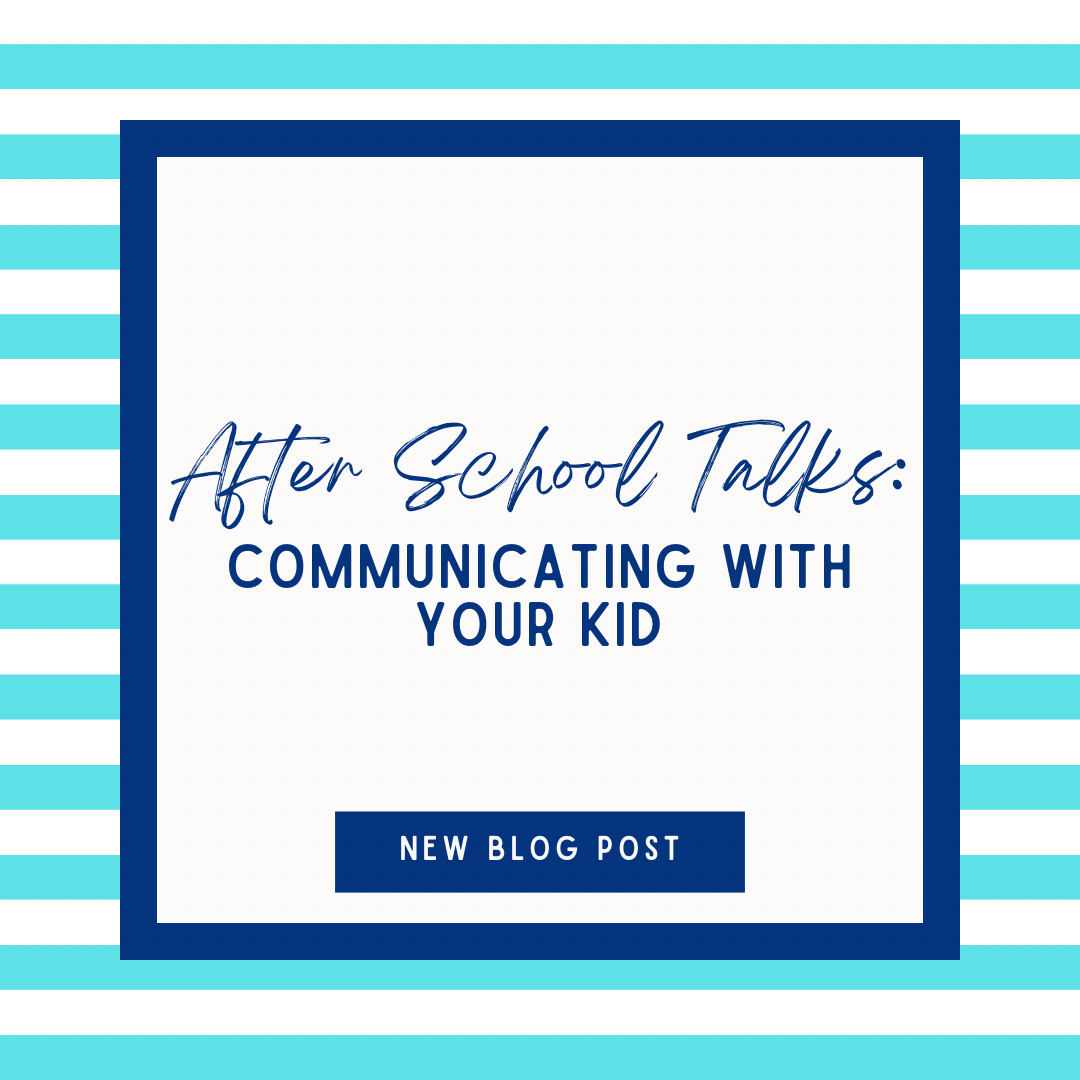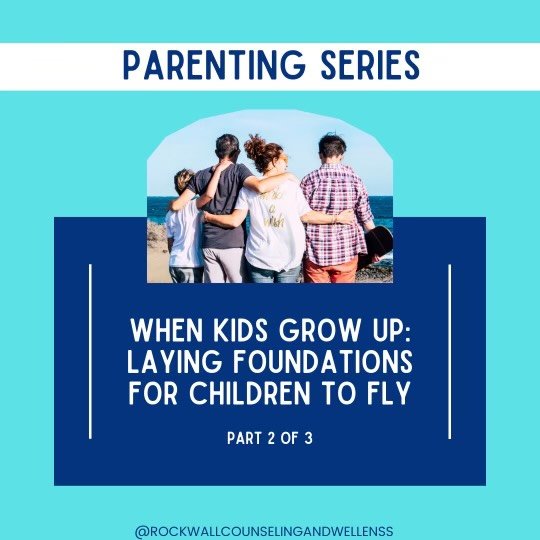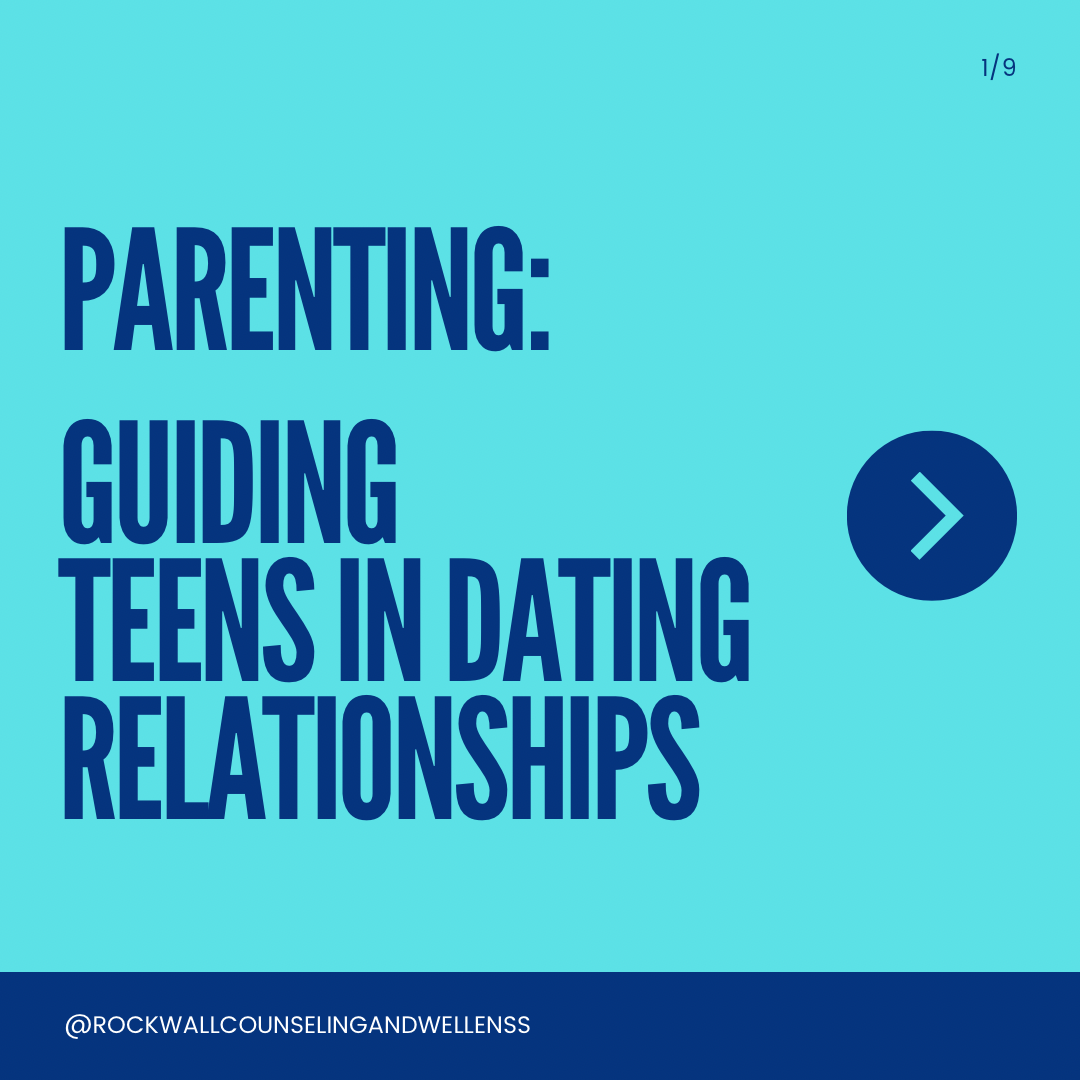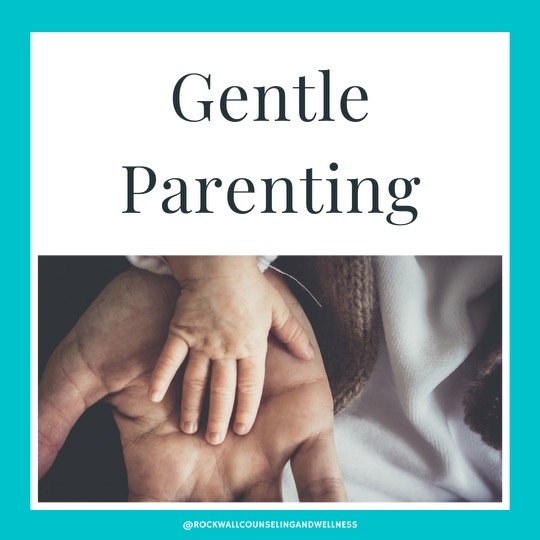With everyone’s kid headed back to school this month, similar conversations are happening in cars and at dinner tables all across the country, and they all sound about the same:
Parent: What did you do at school today?
Kid: Nothing
Parent: Did anything exciting happen?
Kid: No
Parnet: Did you learn anything new?
Kid: No
If you’re a parent, you are all too familiar with this exchange. And to be honest, the conversations you had with your own parents probably sounded similar, too. We all think the same thing: How are they doing nothing and learning nothing all day long? And the truth of the matter is that we know it’s not true. Our kids aren’t spending 8 hours at school doing nothing, talking to no one, and having no memorable moments. So then, how do we get our kids to open up more about their day? We want to be involved, engaged parents, but if they won’t tell us about their day at school, where do we even begin? You are not alone in feeling this way, but there are simple ways you can make your after school or dinner table conversations more meaningful for both you and your child.
Establish a strong foundation of communication with your kids. Try to build rituals of communication early in your kids’ lives. Whether this looks like a daily time when you all sit down to eat together or nightly chats before bedtime, if your kids know that you’re going to ask about their lives, these school related conversations will seem like less of a surprise or change of character, and more like your regular routine. Be sure to tell your kids that you love hearing all about their day. Listen with patience and practice reflective communication early on. Even in those toddler and preschool years when their stories ramble, or don’t make a ton of sense, you’re setting the stage for the future. Show your kids that you’re always willing and eager to hear about what they have to say.
Ask your children specific questions about their day rather than open-ended or generic ones. This may seem counterintuitive, but it really does work! Rather than asking your kids “How was your day?” or “What did you learn about today?” Ask them who they sat next to at lunch or who they played with at recess. These types of questions will allow them to give more specific answers that they KNOW the answer to rather than trying to find the “right” way to answer how their day went. Then, you have more opportunity to ask follow-up questions.
Avoid purely academic conversations right when they get in the car or off the bus. Remember that your kids just spent about 6+ hours learning and processing new information. They may not be ready to talk about how their math test went or if they remembered to redo their quiz in history. To them it might feel similar to someone grilling you about work right after you walk in the door from a long day at the office. Especially if your child struggles with school, they may need and want time to decompress from school before they get into the nitty gritty of grades. It may also make them feel as though all you care about are their grades, even if that’s not the case at all.
Kids can be introverted, too, so keep in mind that their silence or hesitancy isn’t personal. If your child is more introverted, a school day can be emotionally and physically exhausting. Just like for adults who are more introverted in nature, interacting with their peers, talking all day, and being in a large group at school may drain your child’s social battery. If when they get into your car at pick up they’re grumpy or non-communicative, it may not even be about you at all. They may simply need time to sit in silence before they’re ready for more conversations and interactions. Talk with your kids about their needs in this regard by letting them know you care about their emotional needs. It can be as simple as saying, “I know school may be really tiring for you, so it’s okay if you need some space. Let’s talk about your day after we get home and you’ve had a snack.”
Be fully present when talking with your kids. This is a great time of day to model listening for your child. It’s time to put your phone away, close your laptop for work, and really pay attention. Kids are observant, so if you’re asking them to tell you about their day, but constantly checking your phone, texting someone, or distracted by the TV, it won’t be long before they pick up on that and feel like you don’t really mean it when you say that you’re interested.
These interactions with your children are truly some of the most important. It’s how you can learn more about what makes your kid who they are. What are their passions? What types of things make them laugh? Are they the kid including others on the playground, or do they maybe need help finding a friend? Are they truly enjoying the activities they’re involved in, or are they struggling to feel successful? Further, these conversations may help you identify potential warning signs for issues that need to be addressed in more detail at another time.
If you’re struggling with communicating with your child in those after-school moments, know that you’re not alone! And if you need more help or guidance in communicating with your kids, please reach out to us at Rockwall Counseling and Wellness. We have so many loving, highly trained therapists and counselors who can help you in this area and get everyone in your family communicating openly and effectively!
Written by Emily Taylor, Contributing Writer










